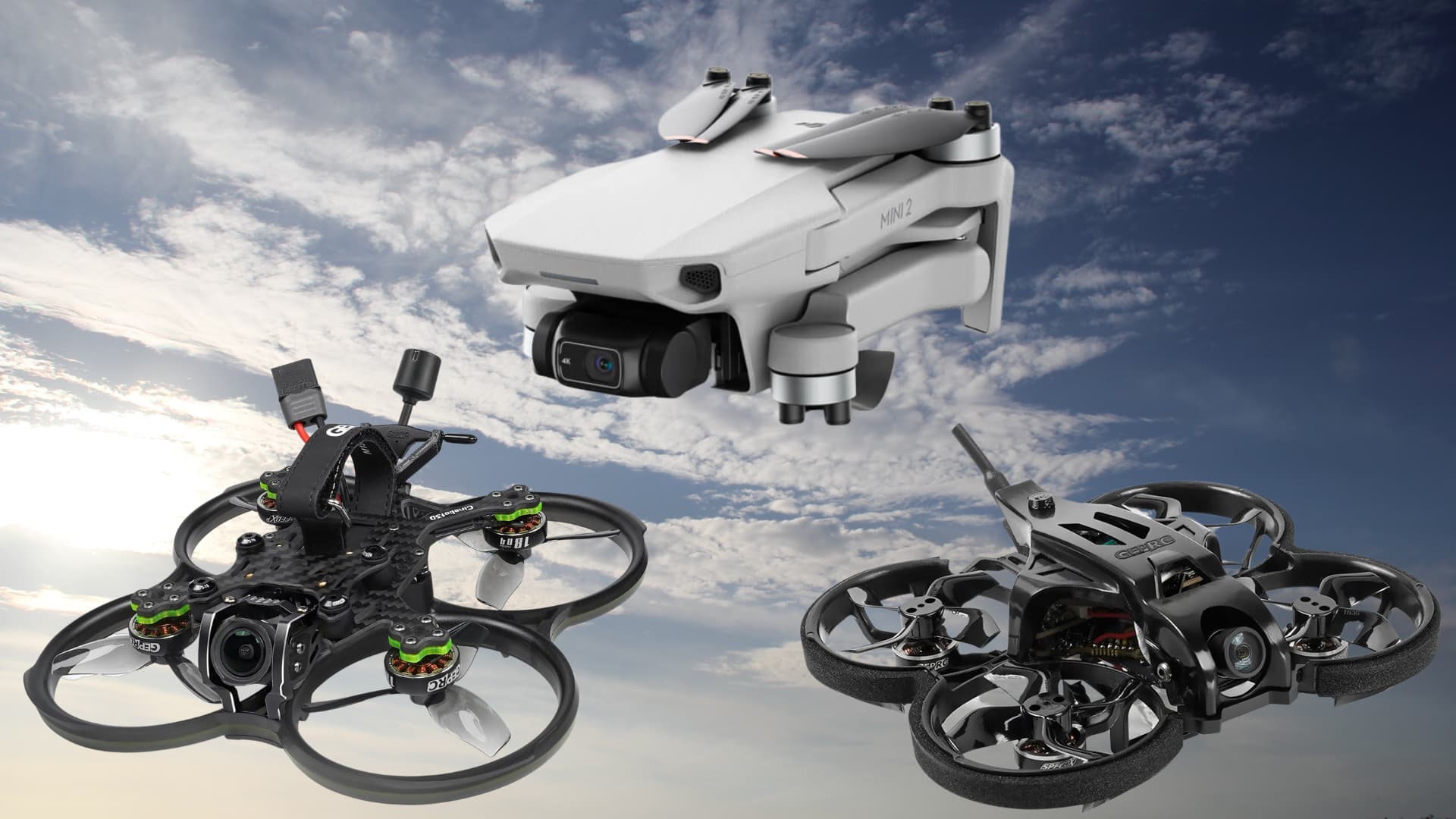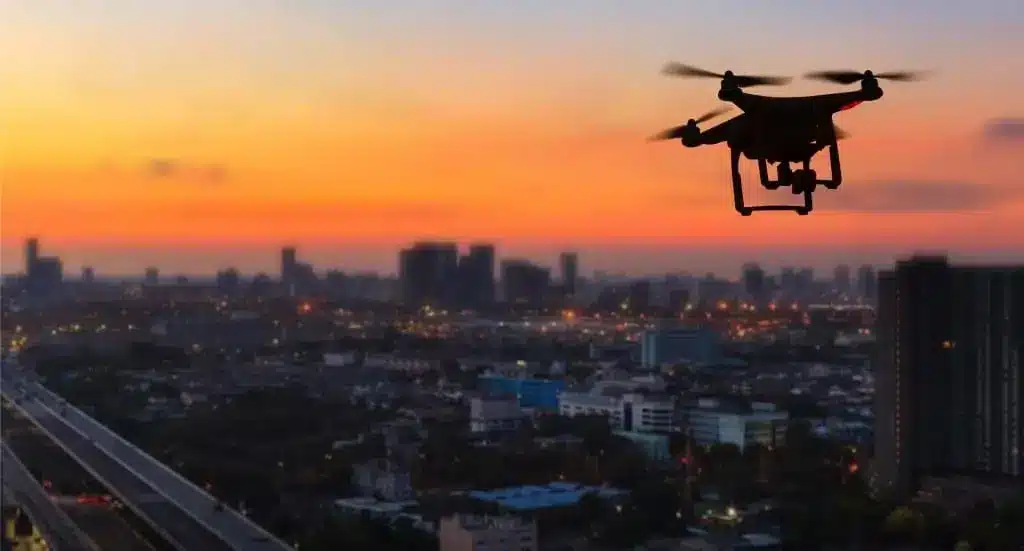The legislation related to drones is constantly evolving due to the growing demand of companies and institutions wishing to hire their services, hence laws are being implemented at European level to be applied in member countries in the shortest possible time.
The most recent European UAS (unmanned aircraft) regulation came into force on December 31, 2020 and currently affects all drones, whether autonomous or remotely piloted, regardless of their size or use. This regulation has the following Regulations:
– Implementing Regulation (EU) 2019/947 consolidated which includes changes to Implementing Regulation (EU) 2020/639 and Implementing Regulation (EU) 2020/746.
– Delegated Regulation (EU) 2019/945 consolidated which includes the changes from Delegated Regulation (EU) 2020/1058.
These Regulations will be implemented little by little, but it must be remembered that, for the time being, Royal Decree 1036/2017 will remain partially in force, which is the one that regulates the use of drones in Spain and the national regulations will be applied in the transition periods that appear in the new European Regulation and in the operations that do not appear under the umbrella of the new rule.
Changes in the new European regulation
The new rules have been drafted based on the risks of the operations performed by drone pilots. The more dangerous the operation, the more stringent the requirements for the pilot and the operator will be.
These measures are focused on achieving greater safety and control over unmanned aircraft and trying to prevent drones from being considered by some people as mere toys. In addition, the complicated procedures that had to be done before to homologate pilots from other countries are facilitated, since the training is common among all Member States of the European Union.
These are the main changes:
– Drones are now called UAS (Unmanned Aircraft System).
– A new classification of UAS is established according to their technical specifications, including the weight of the aircraft and the possibility of limiting speed and height.
– All persons wishing to fly a drone, whether recreational or professional, will have to register.
– All pilots are required to know the technical specifications of the drone they are flying.
– Three operational categories are established according to the risk of the operation: open, specific and certified.
– Geographic zones are defined for drone operations.
Non EASA activities or services
Something important to mention is that European regulations do not apply to Non EASA (European Union Aviation Safety Agency) activities or services, so operators performing this type of activities must comply with the provisions of Royal Decree 1036/2017.
Non-EASA activities or services that are excluded are those performed by: part of military contingents, State Security Forces and Corps, search and rescue, border control, customs agents, coast guard and firefighters, etc., always under the control and responsibility of a Member State and undertaken in the general interest by or on behalf of a body vested with Public Authority.
Currently in Spain many professionals work in national operations due to the work carried out by AESA (Agencia Estatal de Seguridad Aérea), which is the body in charge of regulating air safety in our country.
What about drone pilot training?
As we have seen, the new European drone regulation directly affects drone pilot training and certifications, as it establishes several changes related to the limitation of certain operations, along with the safety requirements they must comply with. The objective of these changes is the professionalization of a sector that is in continuous evolution and that wants to establish itself definitively as one of the most important technological tools of the immediate future.
Training schools will have to adapt to the new regulatory requirements and must have all the necessary resources for the training of future drone pilots within the new legal and juridical framework.
In UMILES University we have professional experts in drone operations who have extensive experience and have designed an advanced drone course fully adapted to the new regulations. Do not hesitate to contact us to solve any doubt.


![¿Se puede volar un dron con lluvia? [Tus dudas resueltas]](https://umilesgroup.com/wp-content/uploads/2024/03/¿Se-puede-volar-un-dron-con-lluvia-Tus-dudas-resueltas.png)